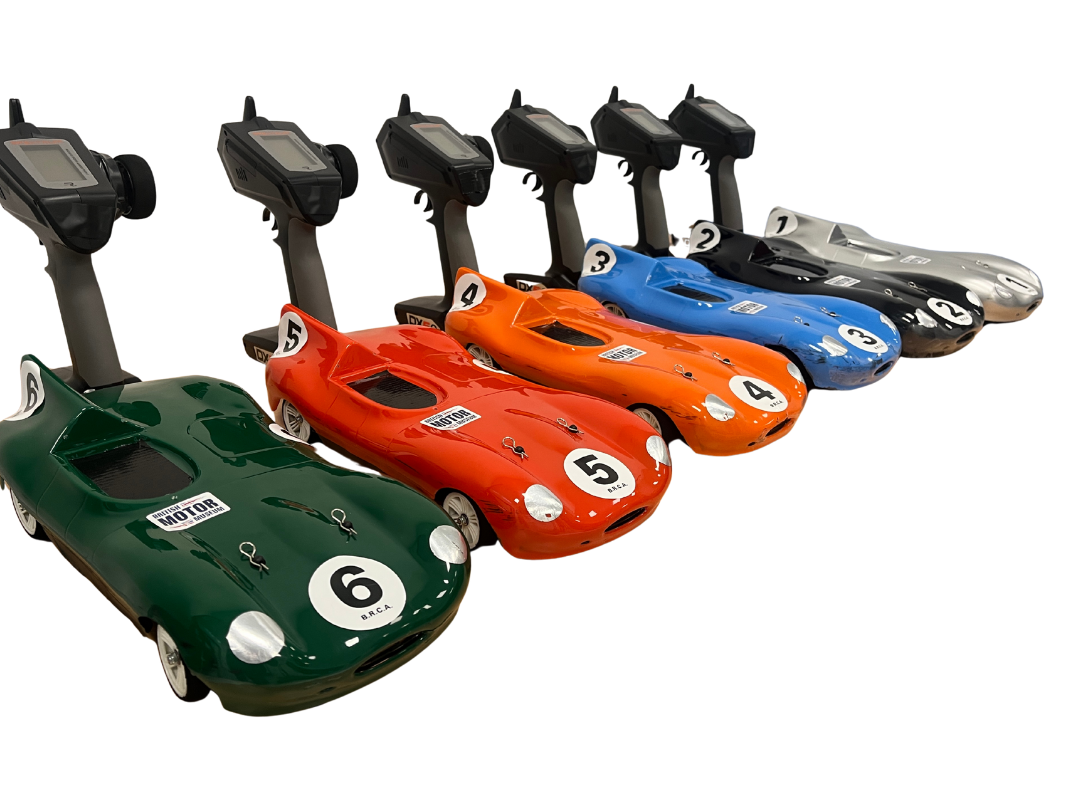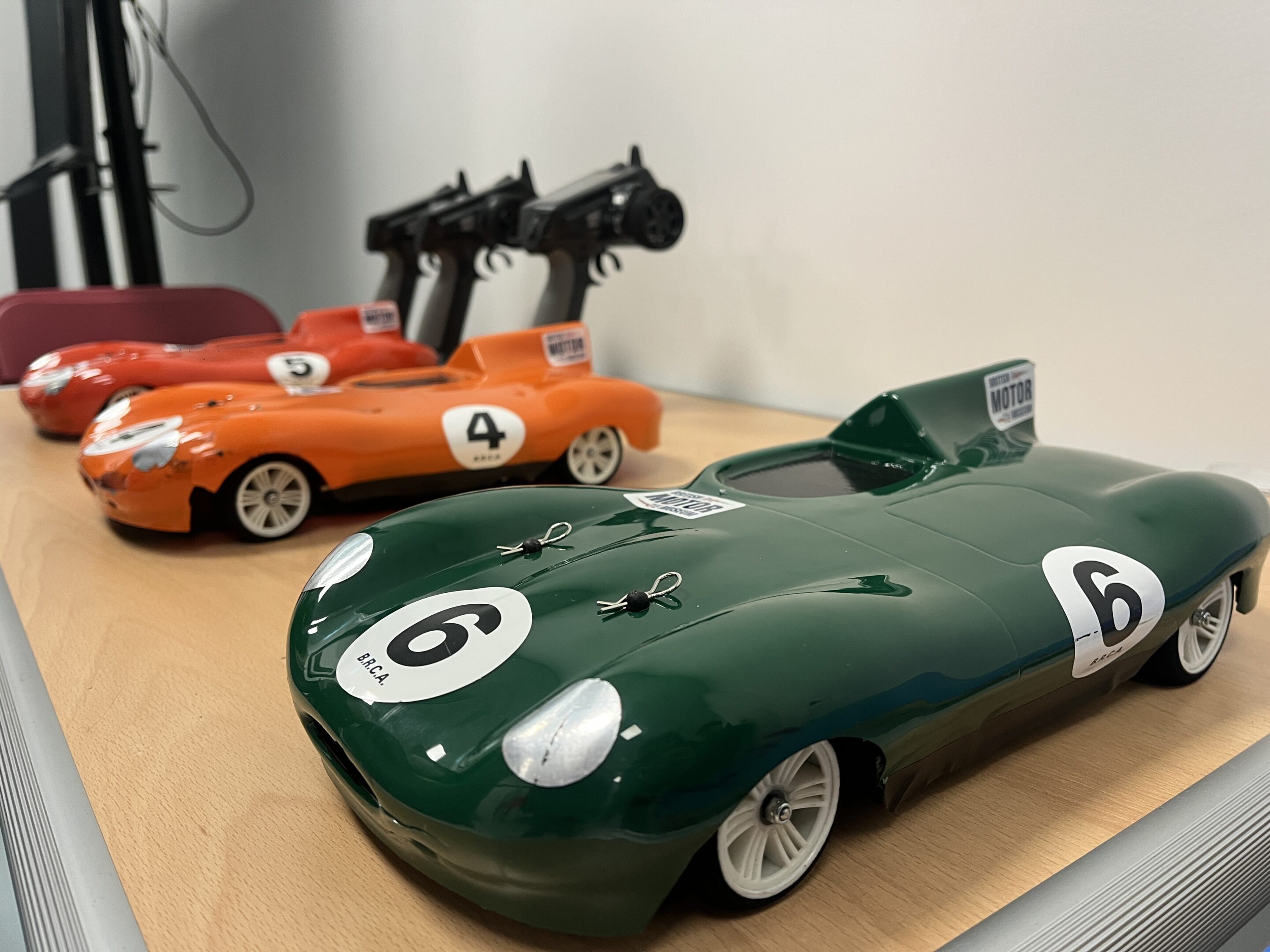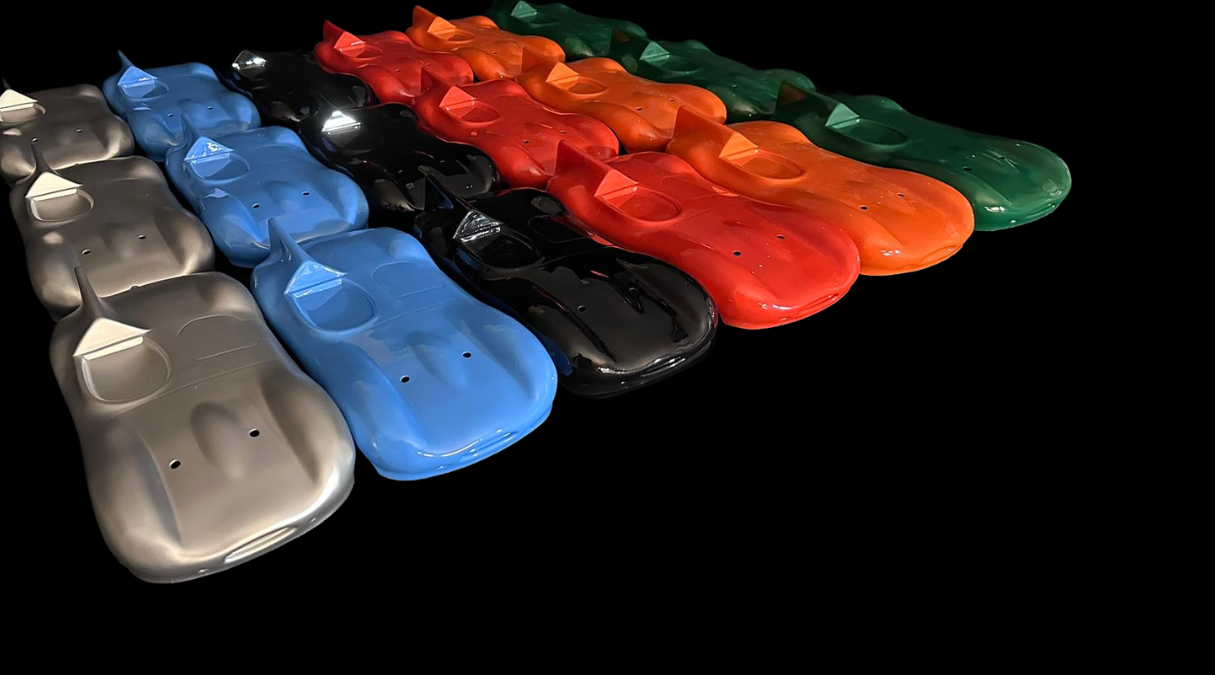British Motor Museum
To amplify its award-winning STEM programs, the British Motor Museum partnered with Malcolm Nicholls Ltd to design and manufacture a bespoke fleet of remote control car shells, successfully transforming historical engineering into engaging, hands-on learning resources.
BRITISH MOTOR MUSUEM
The British Motor Museum is a leading educational institution, dedicated to providing engaging, informative, and exciting learning experiences outside the classroom. The learning team’s programs are designed to address critical curriculum links, from history to STEM subjects, and are recognised for their quality. As a proud holder of the prestigious Sandford Award, the museum is committed to excellence in its educational provision.
The Challenge
The museum’s learning team recognised a growing need from schools for innovative and creative solutions to address gaps in students’ learning. To enhance its hands-on programs, the team sought a manufacturing partner to produce bespoke, high-quality outer shells for a new fleet of remote control cars. The goal was to create a durable and visually appealing product that would serve as a powerful tool for STEM education.
The Solution
Malcolm Nicholls Ltd (MNL) was selected to collaborate on the project. The team’s expertise in both digital design and hands-on manufacturing was critical to the project’s success. The process began with our technicians refining the initial CAD designs to prepare them for the prototyping phase.
Following the digital work, the master RC car shells were brought to life using 3D printing. This initial print served as the foundation for further refinement. MNL’s skilled workshop technicians then meticulously sculpted and adjusted the master, adding and removing material to ensure a perfect form before moving to the next phase of production.
Once the master was approved, the team began the main manufacturing process, utilising vacuum forming with clear PETG. This technique allowed for the efficient production of multiple shells with a consistent, high-quality finish. To achieve the desired aesthetic, the MNL team employed a clever technique: they sprayed the interior of the clear forms with six different colours. This process preserved the glossy, professional finish on the outer surface of each shell.
To complete the bespoke design, separate, vacuum-cast window screens were also produced for each car, adding a final touch of detail and authenticity.
The Outcome
The collaboration resulted in a fleet of durable, vibrantly coloured, and bespoke RC car shells. By combining advanced digital and manufacturing techniques, Malcolm Nicholls Ltd provided the British Motor Museum with a tangible, interactive tool that enriches its educational programs. The new RC cars serve as an exciting, hands-on resource that will inspire countless students and drive home key lessons in engineering, design, and technology.



